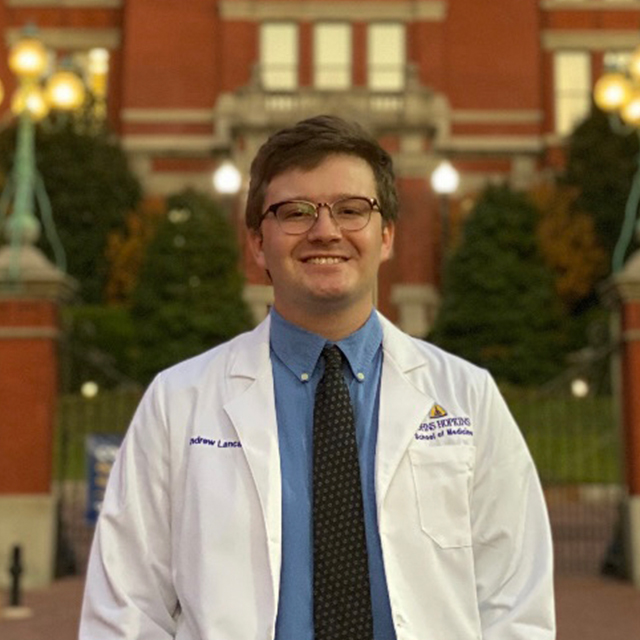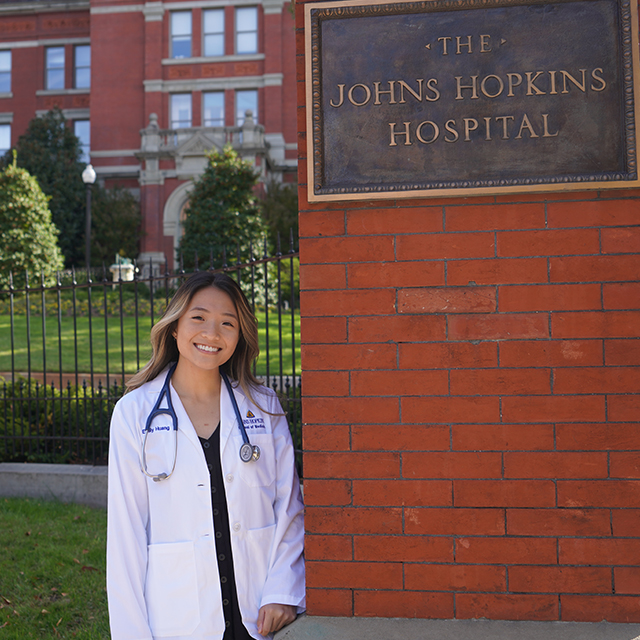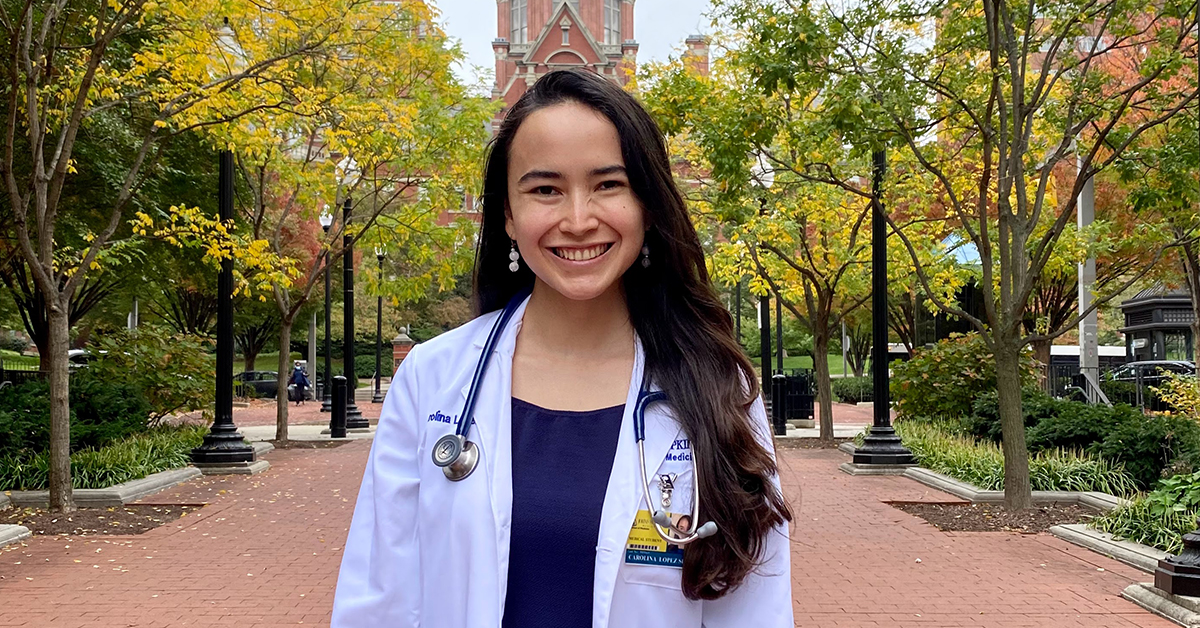For seventh graders at Patterson Park Public Charter School, learning about sexual intercourse and consent is an uncomfortable but necessary part of growing up. Despite the giggling in the audience, volunteer educators with the Community Adolescent Sex Education (CASE) program provide free, comprehensive sex ed to seventh and eighth grade students in Baltimore City schools. CASE has been run successfully for several years by the Johns Hopkins University School of Medicine chapter of the Student National Medical Association.
“It is one of the best programs that I’ve seen in my 14 years of teaching,” says Jessica Fragier, a seventh-grade teacher at Patterson Park Public Charter School. “It is important for our students to have this really thorough knowledge and learn how to advocate for themselves.”
The CASE curriculum covers anatomy, puberty, contraception, decision-making, sexually transmitted diseases and relationships. Parents receive the course syllabus prior to the first session, and can opt out of the program at any time. At Patterson Park Public Charter school, parents receive permission forms to sign and document their consent prior to the start of the class. At the Crossroads School, parents sign a permission form prior to sessions on more sensitive topics.
During the first lesson, students study male and female anatomy diagrams and learn to say the correct names for parts of the body. After saying the words multiple times in a row, Fragier says students become more comfortable and the giggling morphs into thoughtful questions.
“The educators are incredible at making the students feel comfortable,” Fragier says. “They are open to the students’ questions and encourage discussions among the class.”
CASE co-president Mahima Krishnamoorthi, who is in her second year of medical school, says she has found that the students are very receptive to the curriculum.
“Many people think seventh and eighth graders don’t want to talk about this, but when we give them space, they ask so many questions,” Krishnamoorthi says. “It makes me feel good about the future.”
CASE co-president Megan Parker, also in her second year of medical school, says CASE educators present many scenarios to the students throughout the course. For example, one of the scenarios involved someone with he/him pronouns dating someone with she/her pronouns and then starting to date someone with he/him pronouns.
“We are teaching that sexual identity is fluid,” Parker says. “I noticed that the students weren't phased when discussing same-sex relationships. They never bat an eye. Instead, they spent the time talking about the intricacies of each relationship. It shows that headed in the right direction in terms of students being more open and inclusively talking about sexual identity.”
Crossroads School teacher Emily Fleming says the CASE program allows the students to get the health education they need.
“Middle school is a time when kids are starting to have more exposure to these topics and starting to be in relationships. It's a timely program to have so they can make informed decisions as they move into high school and beyond,” Fleming says. “The whole program is thoughtful, and the curriculum is aligned with Maryland state health standards. I've seen a high level of engagement, especially with kids who don't always participate.”
Second-year medical student Betty Lulseged says being a CASE educator helps her prepare for her medical career.
“Volunteering has made me more open-minded and curious,” Lulseged says. “We're sharing information that is hard to talk about. I think helping me prepare for my future because I will have to talk about hard things with my patients. I think it will make me a better doctor.”
Krishnamoorthi echoes her sentiments.
“CASE has reinforced my passion for education and sexual health,” she says. “This experience has taught me how I can be inclusive and nonjudgmental in clinical settings when talking about stigmatized topics, and will help my patients feel comfortable talking with me about anything.”



